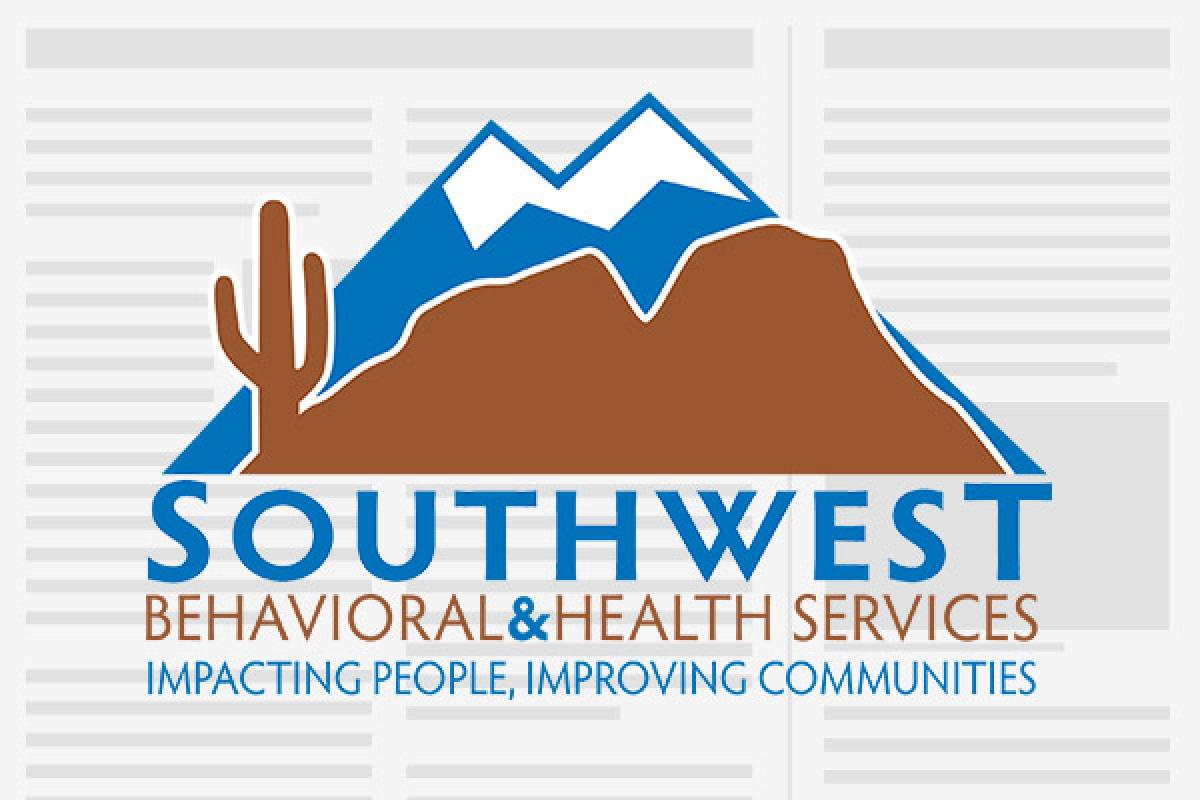
By Garth Stevens
The Associated Press article headlined "Major panel: Drug war failed" (The Republic, June 2, Page A5) presented a very skewed view of the so-called war on drugs in our country.
Our federal, state and local governments must continue to explore ways to curb illicit drug use in our communities, but legalizing marijuana and other controlled substances will never be the answer.
Making illicit drugs legal means increasing their availability to children. Such increased availability leads to higher acceptance and a perceived lower risk of use. And acceptance and low risk ultimately leads to more drug use.
The top three drugs used by teens are readily available in their own homes: alcohol, inhalants and prescription drugs. This is not a coincidence. This is simple function of demand following the most readily available supply.
We must continue to be diligent in the effort to reduce illicit drug use, and a multifaceted approach to dealing with this scourge has proven to be successful. Drug FreeAz.orgknows well the importance of bringing together prevention, enforcement and treatment to combat this problem. This three-tiered approach is best and does make a difference.
Since the mid-1980s, when our country began seriously funding substance-abuse prevention, we've witnessed a dramatic decline in drug use. Numerous academic and independent studies point to the effectiveness of prevention. It's not a war. It's a health issue, and educating families, health-care providers and our communities is our best option.
Here in Arizona, we know this to be true. Thanks to prevention and treatment efforts and the hard work of our law-enforcement community, drug use is down throughout our state. Since 2002, we have seen a steady decrease in the use of alcohol, marijuana, hallucinogens, cocaine, heroin and Ecstasy among our teens. But there remains much work to be done, and legalizing illicit drugs is not a constructive way forward.
It is interesting to note that the 19-member commission cited in this article has not one member of any organization actively involved in drug prevention or treatment. Also of note, the commission includes among its members former heads of state from some of the world's largest producers of illegal drugs.
We do agree on two points in the article: We should be looking at ways to offer health and treatment services for drug users in need and, like White House drug czar Gil Kerlikowske, we, too, believe this report by the commission is misguided.
Garth Stevens is chair of DrugFreeAz.org.













